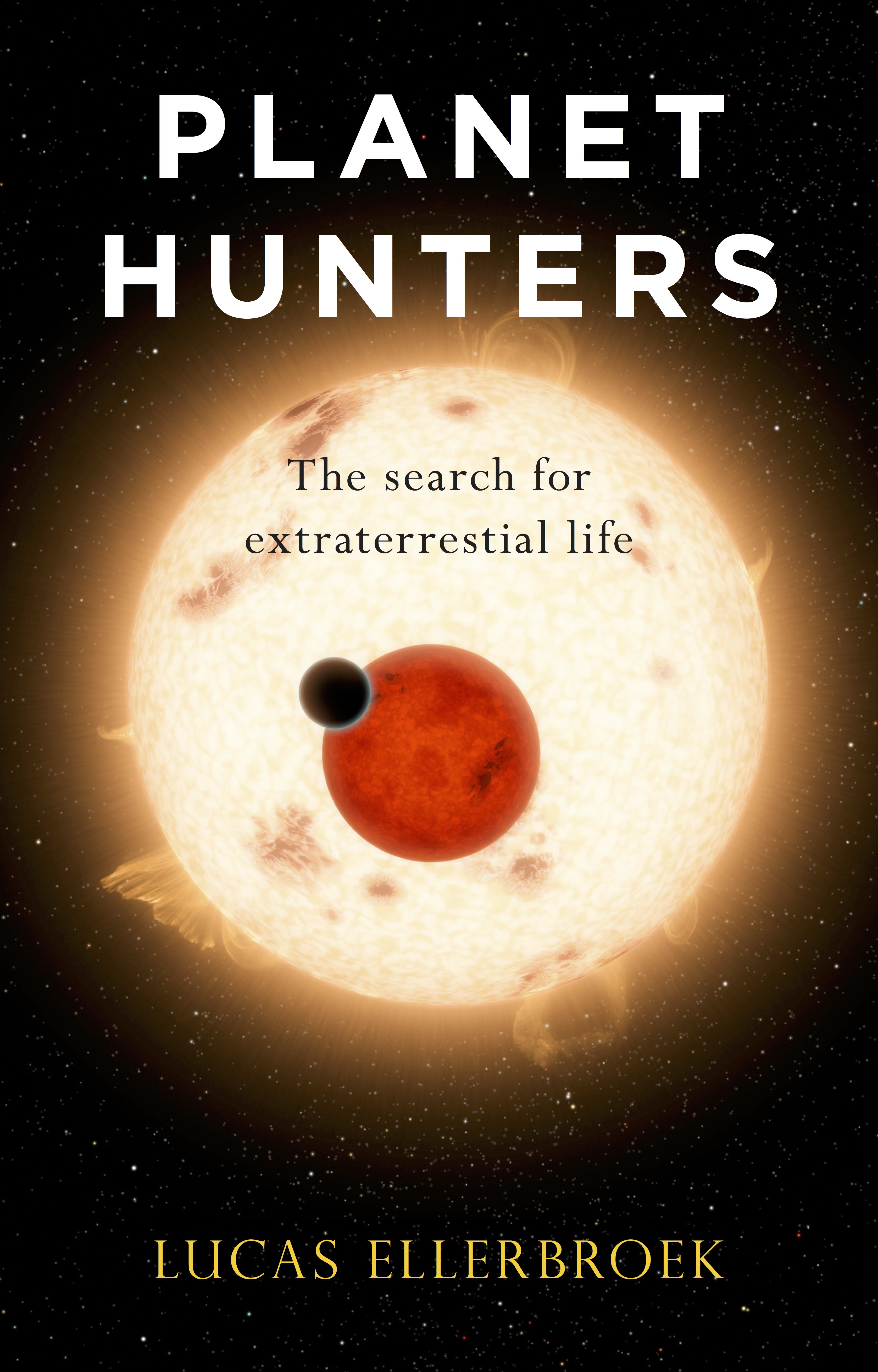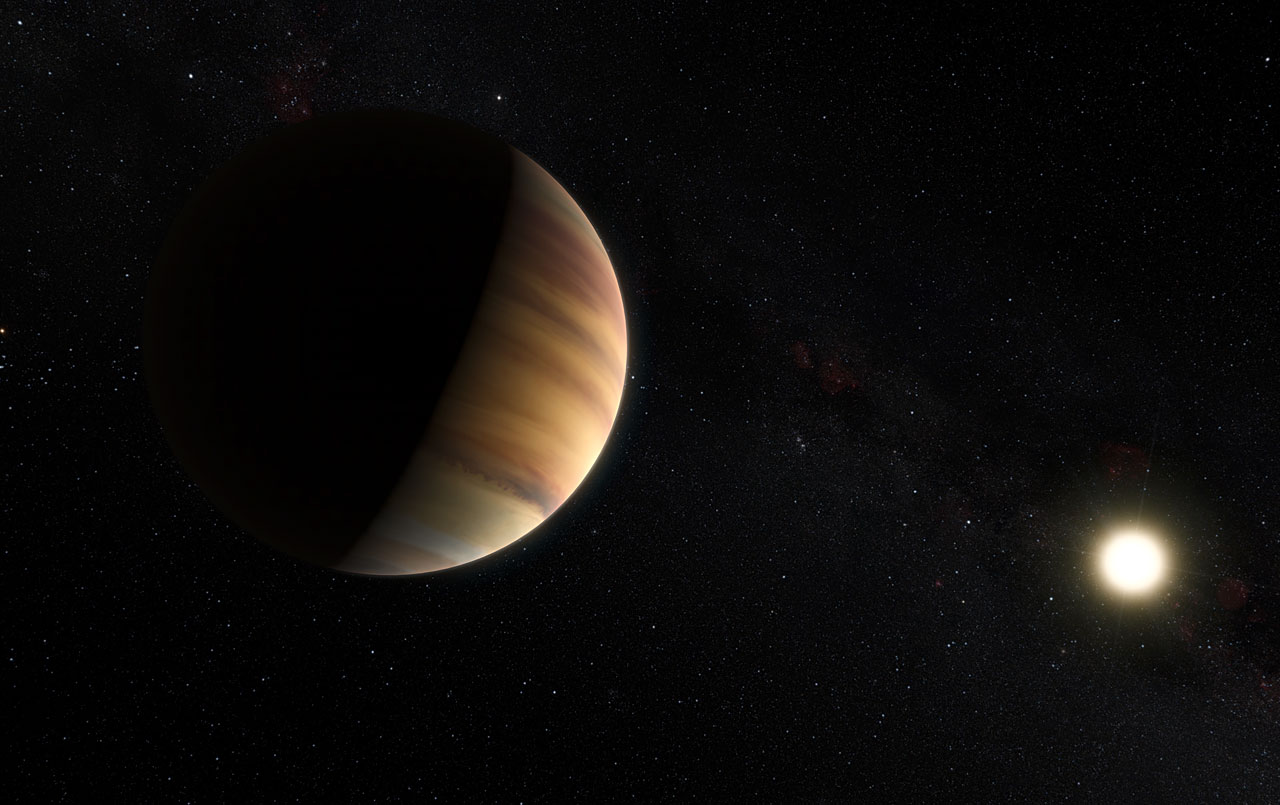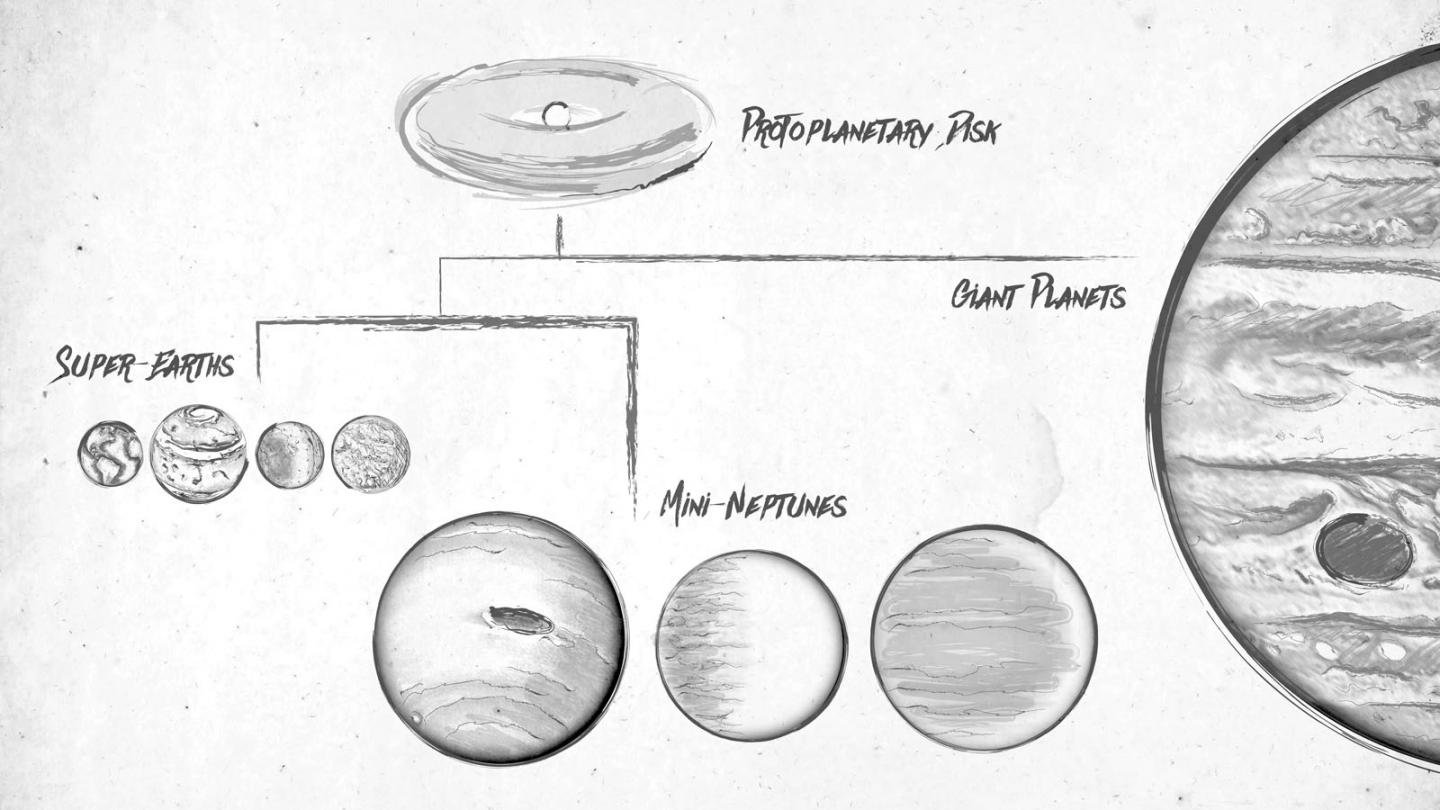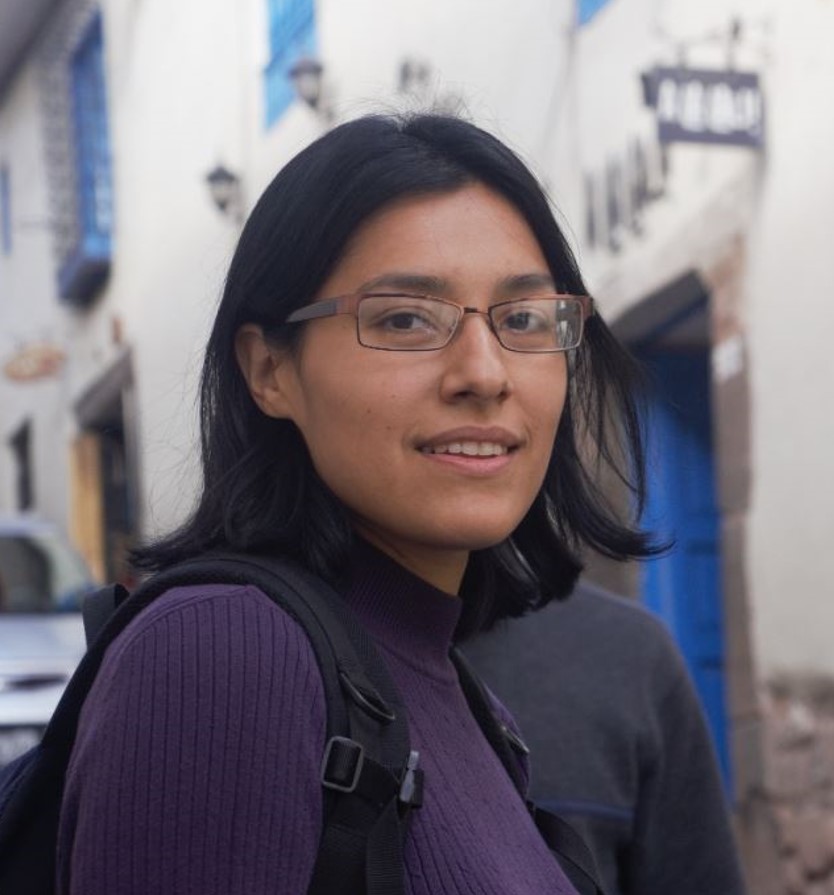'Planet Hunters': Interview with Author Lucas Ellerbroek

Lucas Ellerbroek's new book, "Planet Hunters" (Reaktion Books, 2017), traces the history of exoplanet discovery back to a time when the idea of planets beyond our solar system was just science fiction — or heresy. He describes the field of exoplanet research in all its historical context, from Giordano Bruno's heretical burning at the stake for suggesting that stars had planets of their own, to Bill Borucki's dedication to making the Kepler mission a reality.
By uncovering the centuries of courage and creativity it took to make revolutionary discoveries in astronomy, Ellerbroek hopes readers will feel less intimidated by the sciences and more encouraged to innovate. Space.com talked with Ellerbroek about his new book, the history of exoplanets and the emotional side of scientific discovery. [Exoplanet Tour: Meet the 7 Earth-Size Planets of TRAPPIST-1]

Space.com: What inspired you to write "Planet Hunters"?
Lucas Ellerbroek: Well, a couple of things. I've always wanted to write a book; I love books. Books are magical. They are kind of a condensed world in an object you can hold in your hands. So that was one thing. [Also] I've always loved being able to explain to my family and friends and neighbors what I was doing … to actually be able to explain [astronomy] to someone who knows nothing about it. And that relates to why it is fun and worth it.
And I had the opportunity to witness a revolution, I think, and the emergence of a new scientific field under my nose, because I was doing my Ph.D. thesis working with telescope data on stars, and other people in my group were suddenly focusing on [exo]planets. This was right after the Kepler mission results in 2009 to 2010 — and people were changing fields, and they became interested in that field.
And I thought, "Wow! Now I have an opportunity to [write]." I thought it was a story … that also showed how scientists were ever-changing and, most importantly, [that] science is done by humans, that make human mistakes and have human follies. And so I heard this was happening with people around me ... And I thought, "This is a book that I can write for other people, for my neighbors."
Space.com: I love the part where you talk about your grandfather and how he built a computer, and you also mention astronomical heroes like Giordano Bruno. It seems like you speak a lot about the human quality of exploration, that it's not always following a set of rules but coming up with something creative, seeing what works and what doesn't.
Get the Space.com Newsletter
Breaking space news, the latest updates on rocket launches, skywatching events and more!
Ellerbroek: Yes, and it's been said also by some characters in the book how revolutions happen. You know, you don't follow within the lines but outside of them — and my grandfather was, in that sense, my inspiration. He showed me that you can actually make stuff yourself out of the house and you can be inventors, in that way — do something that you have never done before, like building a computer.
![A powerful new technique for hunting alien planets yields a major new crop of new worlds. [See how Kepler made the planet discoveries in this Space.com infographic]](https://cdn.mos.cms.futurecdn.net/usuyLzWSuTvRamQKguY9DN.jpg)
Space.com: Is there one particular character from the book that you get inspiration from?
Ellerbroek: Yeah, I think one of the central figures in the book, and in the field, is Bill Borucki. If you read about him, and about things he had to do to get Kepler where it was — I mean, he had this idea, and he got it in the 1970s, and he published a paper on it in the 1980s. And by then, it was just an idea. And then he spent 25 years to finally launch the mission. And 10 years of those were submitting proposals to NASA to build this Kepler mission, and four of [the proposals] were rejected. And every time, he didn't take the criticism personally, but he always improved the proposal, all the while he kind of was looked at by his colleagues ... I mean, these scientists were always kind of ridiculed … the idea of looking for planets was something out of science-fiction novels and not something a serious scientist would do. [Meet Proxima b: The Closest Exoplanet We Know, Explained (Infographic)]
Space.com: You express the emotional side of the first scientific discovery of an exoplanet around a sun-like star, in the constellation Pegasus in 1995. The text describes the emotions that were probably present when Michel Mayor and Didier Queloz made the discovery with the Observatoire de Haute-Provence telescope in France. How did you go about writing that particular section?
Ellerbroek: I got to speak with Michel Mayor, with Didier Queloz, and I wanted to hear from them firsthand how it was for them to make the discovery. And I didn't ask that many questions. I just sat down with them for an hour or two hours, and they took the time and were kind enough to take the time, to tell the story … Some of the things they said I put verbatim into the book, because they expressed perfectly their interactions and how it was to be involved in that time, and I attempted to revisit how exciting that discovery was.

Space.com: What are you hoping readers will take away from the book?
Ellerbroek: What I hope to achieve is to [get] people to not be afraid of science, of it being too difficult ... I really want to bring across the message that science is something not to be read purely in an encyclopedia, because encyclopedias change, and science is a dynamic enterprise done by humans. And that's something that I hope that people that are not directly involved with science, or might think they do not like it, [get out of the book]. I think science can be extremely difficult and complicated, but it is very easy to like it and love it. And that's what I hope readers take away from the book.
This interview was edited for length. Learn more about Lucas Ellerbroek's book "Planet Hunters" at planethunters.com. The book is available for purchase on Amazon.com.
Follow Doris Elin Salazar on Twitter @salazar_elin. Follow us @Spacedotcom, Facebook and Google+. Original article on Space.com.
Join our Space Forums to keep talking space on the latest missions, night sky and more! And if you have a news tip, correction or comment, let us know at: community@space.com.

Doris is a science journalist and Space.com contributor. She received a B.A. in Sociology and Communications at Fordham University in New York City. Her first work was published in collaboration with London Mining Network, where her love of science writing was born. Her passion for astronomy started as a kid when she helped her sister build a model solar system in the Bronx. She got her first shot at astronomy writing as a Space.com editorial intern and continues to write about all things cosmic for the website. Doris has also written about microscopic plant life for Scientific American’s website and about whale calls for their print magazine. She has also written about ancient humans for Inverse, with stories ranging from how to recreate Pompeii’s cuisine to how to map the Polynesian expansion through genomics. She currently shares her home with two rabbits. Follow her on twitter at @salazar_elin.









